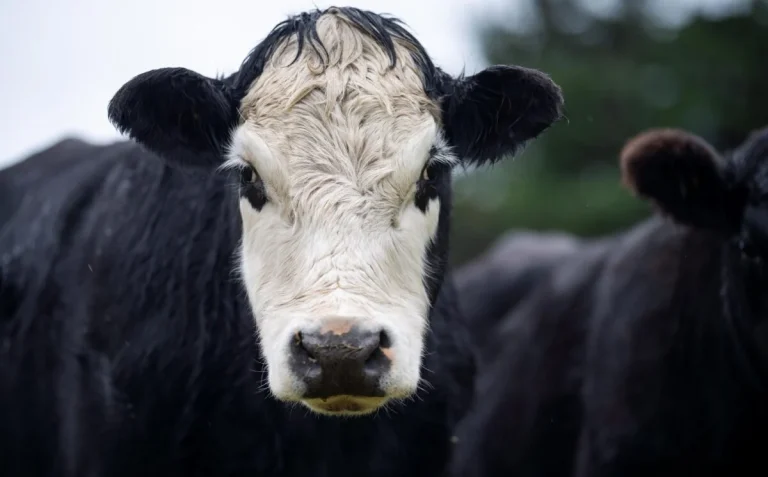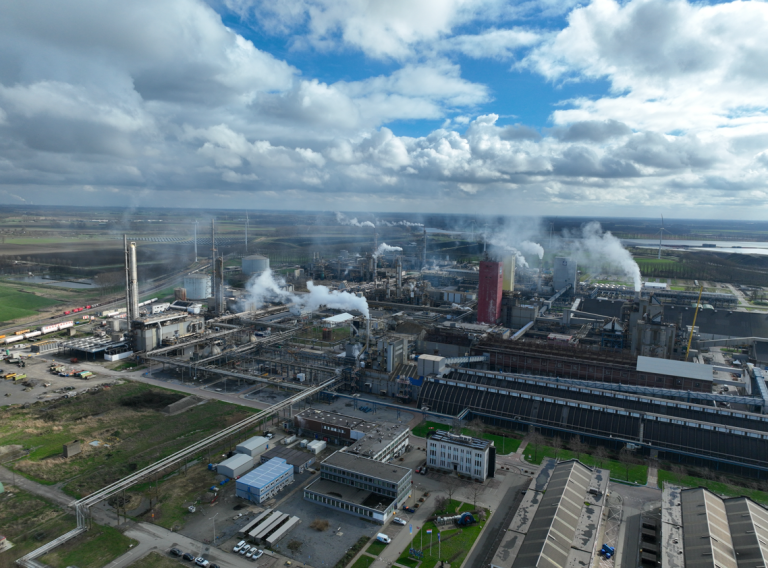What's the problem?
Over the past 100 years, the ‘fossil fertiliser’ industry has disrupted the nitrogen cycle, harmed the climate and polluted our planet.
Synthetic nitrogen fertilisers – also known as fossil fertilisers to reflect their reliance on natural gas for their manufacture – are one of the biggest, yet widely overlooked, environmental issues within our food system.
In recent decades, the use of fossil fertilisers has skyrocketed. We now use twice as much as we actually need, yet production continues to grow unchecked.
Fossil fertilisers are a cheap way to promote plant growth, but their overuse — especially in crops grown for animal feed — is seriously harming our planet.
They create dead zones in our waterways, degrade our soils, and threaten public health. Meanwhile, they are fuelling a fossil-fuel-dependent, corporate-controlled food system that strips farmers and communities of their power to grow and control their own food.
It’s time to shift away from fossil-fuelled farming and towards a food system that benefits planetary health, food security, and biodiversity.




